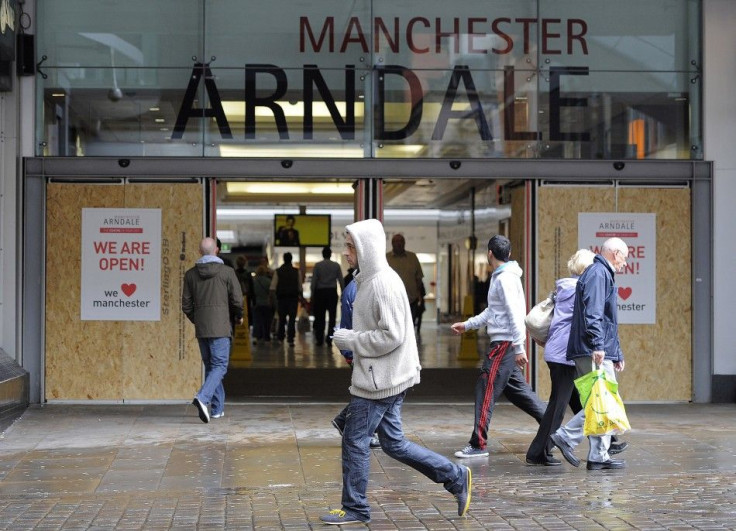London Riots 2011: Courts Open 24 Hours to Process Looters

In an unprecedented development in the history of British jurisprudence, some courts in the UK are staying open 24 hours a day to arraign and process the hundreds of people, mostly youths, arrested for looting and rioting this week.
Prime Minister David Cameron – facing a crisis that dwarfs the News of the World phone hacking scandal – has vowed that courts will remain open round-the-clock in order to handle the huge volume of suspects.
At least 1,300 people have been held in custody on charges related to the widespread rioting across the country, including 900 in London alone. Presumably, many more have escaped justice.
Reportedly, some of the culprits are as young as 11 years old and have faced a magistrate. One such child, a girl in Nottingham, confessed to breaking windows. After apologizing to the judge for her actions, she was given a nine-month referral order.
One of the most serious cases concerns two adolescents, aged 17 and 18, who are charged with arson in burning down a Sony warehouse in Enfield, North London.
In Manchester, which has detained at least 110 people, a 12-year-old boy pleaded guilty to swiping a bottle of wine from a supermarket. He received a nine-month referral order and was ordered to pay court costs of £50 ($81).
Another man in Manchester has received an 8-month prison sentence for stealing clothes.
In Solihull, in the West Midlands, a local police official told the BBC that keeping courts open all night gave authorities the "opportunity to put before the courts the prisoners involved in the disorder in a really timely manner which helps speed up the judicial process."
One judge told a defendant: "Let me give you a piece of worldly advice. Get a life, sort yourself out. Don't you feel ashamed that you are now counted among the hundreds of yobbos arrested and now considered as scum by the public?"
The judge added: "If there are any criticisms of sentences handed down by the courts, if you want anyone to blame, then go and speak to the government. Do not blame the judges or the magistrates who do their jobs professionally and abide by the guidelines set down."
© Copyright IBTimes 2024. All rights reserved.











